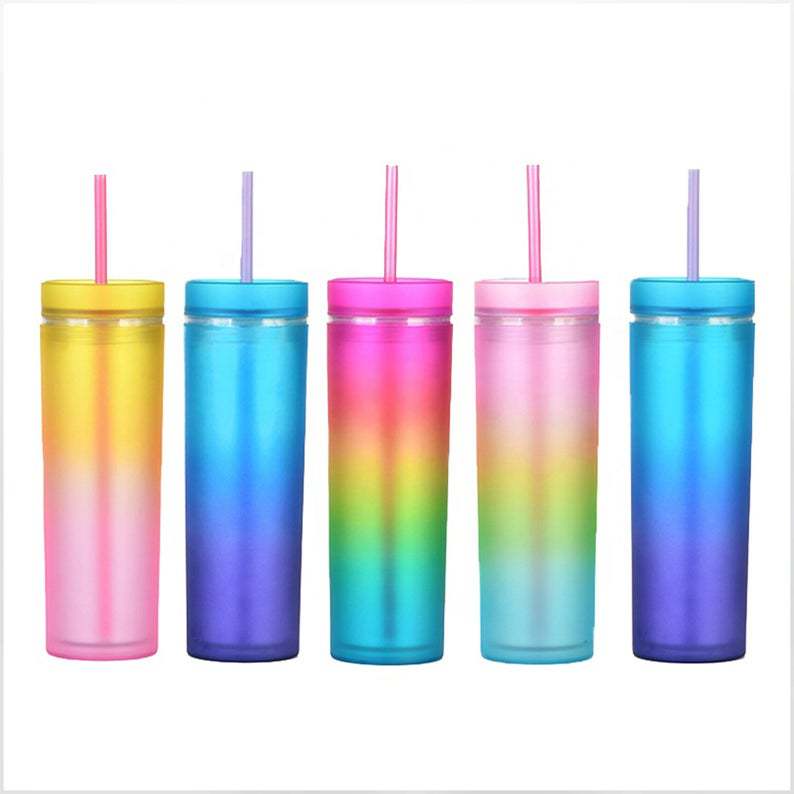Recycling has become an important aspect of our lives, helping us contribute to a cleaner, more sustainable future. One common item that we often recycle is bottles. However, a question that often comes up is whether we need to clean the bottles before recycling them. In this blog post, we will explore this topic and discuss the importance of cleaning your bottles before sending them for recycling.
Why is it important to clean bottles?
1. Remove contaminants:
When we throw bottles into the recycling bin without proper cleaning, we risk contaminating the entire recycling process. Residual liquid or leftover food particles can contaminate other recyclables, disrupting the recycling process. This could result in the entire batch being rejected, creating waste rather than aiding recycling efforts.
2. Prevent odor and insect damage:
Dirty bottles stored for long periods of time can emit unpleasant odors and attract pests such as flies, ants, and even rodents. These pests can be a health hazard and a nuisance. By cleaning bottles before recycling, we eliminate any potential attraction to pests and ensure a cleaner, more hygienic environment.
3. Ensure better recycling efficiency:
Cleaning bottles before recycling helps ensure a more efficient recycling process. Bottles that are rinsed and residue-free are easier to sort and dispose of in recycling facilities. Clean bottles are also less likely to clog machines or cause problems during the recycling process, resulting in smoother operations and more efficient recycling.
How to properly clean bottles for recycling?
1. Clear the content:
Make sure the bottle is completely empty before cleaning. Pour off any remaining liquid and remove any solid waste. It is important to dump them into appropriate waste containers to avoid contaminating other recyclables.
2. Rinse with water:
To clean the bottle, rinse thoroughly with water. Use warm water and dish soap to remove any sticky or greasy residue. For bottles containing liquids such as juice or soda, a stronger rinse may be required. If necessary, use a bottle brush to scrub the inside.
3. Drying before recycling:
After rinsing, let the bottle dry completely before placing it in the recycling bin. Moisture can cause mold to grow and create problems during recycling. Ensuring your bottles are dry will also prevent leaks and reduce the risk of odor.
In summary, cleaning bottles before recycling is critical to maintaining the efficiency and effectiveness of the recycling process. By removing pollutants, preventing odors and pests and ensuring better recycling efficiency, we contribute to a cleaner, more sustainable environment. Remember to empty the contents, rinse thoroughly with water, and let the bottle dry before recycling. Let’s do our part to promote responsible recycling and make a positive impact on our planet.
Post time: Sep-14-2023
